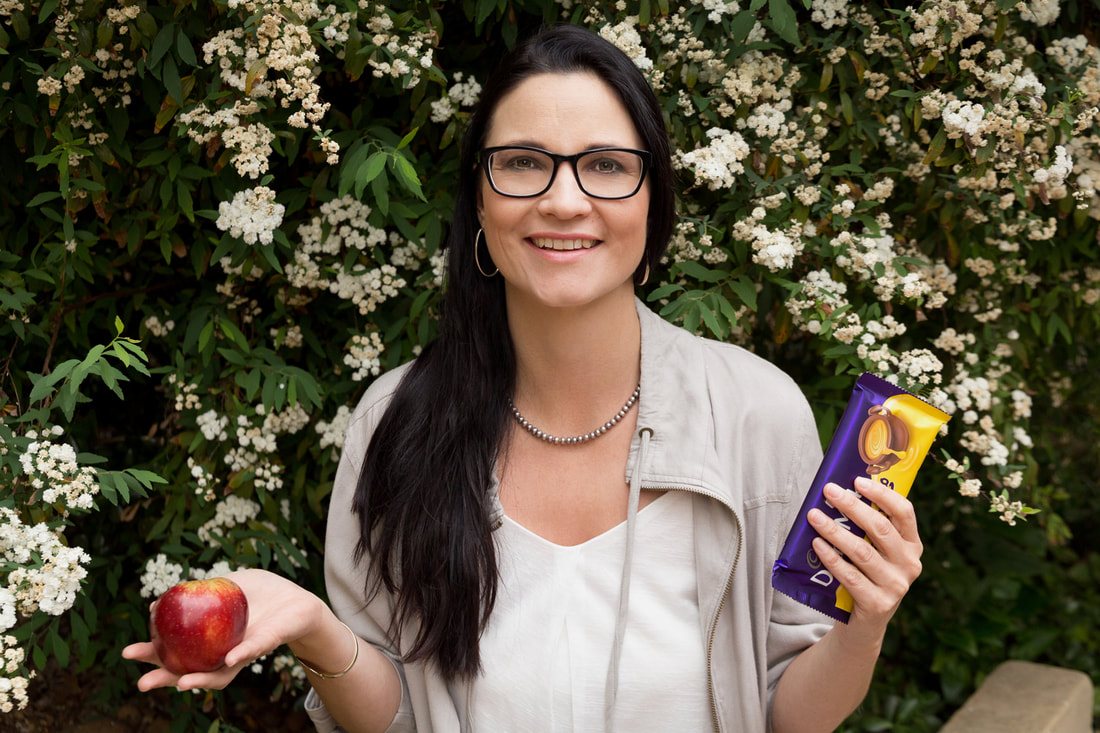What is Eating Psychology?
Eating Psychology Coaching is an exciting and cutting edge approach developed by the Institute for the Psychology of Eating. It effectively addresses weight concerns, binge eating, overeating, body image challenges, and various nutrition related health concerns. As an Eating Psychology Coach, my approach is positive and empowering. I don’t see your eating challenges merely as a sign that “something is wrong with you” – but as a place where we can more fully explore some of the personal dimensions in life that impact food, weight and health. Oftentimes, our eating challenges are connected to work, money, relationship, family, intimacy, life stress and so much more. By working on the places that are most relevant for you, success is more easily achieved. As an Eating Psychology Coach, I look to support you with coaching strategies and nutrition principles that are nourishing, doable, sustainable, and that yield results.
What is Mind-Body Nutrition?
Mind-Body Nutrition is an exciting and timely new field that advances the practice of clinical nutrition by exploring the psychophysiology of how thoughts, feelings and beliefs impact nutritional metabolism and health. Originated by Marc David, Founder of the Institute for the Psychology of Eating, it goes far beyond classical nutrition by focusing on the fascinating connections between brain, body, and behavior. Simply put, what we eat is only half of the story of good nutrition. The other half is who we are as eaters. Mind Body Nutrition reveals how stress physiology, the relaxation response, breathing, awareness, pleasure, meal timing and much more profoundly influence digestion and calorie burning. And it offers practical and results-oriented strategies for the most commonly seen eating challenges and health issues of our times.
My approach
For far too long, we’ve been inundated by negative messages about food, weight and diet. We’ve been told that we’re willpower weaklings or that we need more control. The majority of nutrition experts promote conflicting advice. The result is people are confused about what to eat, and how to have a happy relationship with food and a healthy metabolism. In my professional practice, I combine many of the best strategies from nutrition science and eating psychology. By eliminating all the “shoulds and shouldn’ts”, I focus on what’s right for your body and your personal style. As we work together in this way, eating and health issues become a place of exploration. Instead of seeing such challenges as the enemy, they become opportunities for growth and self-improvement. In my training at the Institute for the Psychology of Eating, I’ve learned to help clients reach their highest goals not by strategies that punish, but through strategies that nourish.
